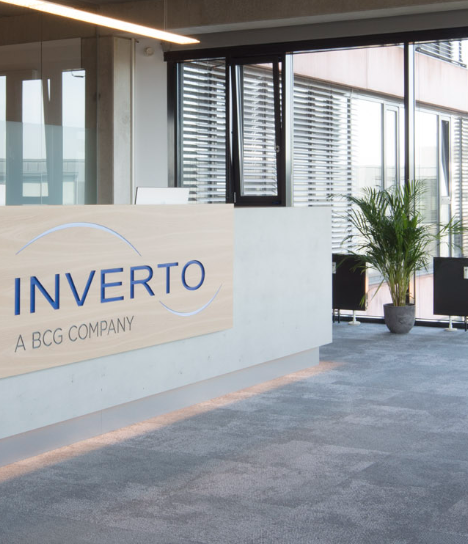With 92 percent anticipating slower growth and profits as a result
One of Europe’s most in-depth Raw Materials studies, conducted by leading strategic procurement and supply chain management consultancy, INVERTO, part of the BCG network, has found:
- Nine out of ten companies (89 percent) are reporting limited availability of raw materials
- 92 percent expect falling margins and profits as a result of rising costs, despite countermeasures
- 43 percent of businesses expect strong price increases in raw materials, compared to just 1 percent last year (2020)
- The price rises are most acute for: aluminium (48 percent), plastics (48 percent), ferrous metals and steel (48 percent) and wood, paper and cellulose (40 percent)
- Customers and consumers will feel the brunt of these price hikes, with 75 percent of respondents passing on increased costs – compared to just 26 percent in 2020
Now in its 12th iteration, INVERTO’s 2021 Raw Material Study underlines the significant burden which rising prices and limited supply are having on European businesses.
Nine out of ten companies (89 percent) that participated in the study note limited availability of raw materials. The surge in prices are most acute for: aluminium (48 percent), plastics (48 percent), ferrous metals and steel (48 percent) and wood, paper and cellulose (40 percent).
Thibault Lecat, Managing Director of INVERTO UK, comments: “Volatility within this market has increased dramatically as a result of the pandemic and the pace of change is startling. Just months ago 17 percent saw limited availability in aluminium, but today, we’re in danger of running out, as production of magnesium, which is indispensable for aluminium, has been largely shut down in China and is restarting slowly.
“Similarly, businesses were caught off guard by the recent spike in energy prices, with only around a quarter expecting electricity or gas and oil price rises. Now, as we enter winter, the surge in energy prices is causing crisis talks with European political leaders, gas storage facilities are running empty and in some areas there are even fears of cold homes and blackouts.”
Falling profits feared – companies need to pivot
Not surprisingly, these market conditions are hitting business success. The most common measure taken by companies to ensure supply at the best possible price is to analyse the supply chain and build up stocks. This is done by a good two-thirds of respondents. More than half of the respondents (55 percent) have approached new suppliers – also as a result of the pandemic – while just under half (43 percent) have shifted order volumes between already known suppliers.
Major changes in price agreements with suppliers
To maintain the own margin three quarters of the participants (75 percent) see passing on the increased costs to their own customers as a sensible measure. However, only 42 percent are optimistic that they will succeed.
On the supplier side, however, companies cannot avoid the increased costs: compared to previous years’ studies, fixed price models have decreased, or suppliers only accept short time periods in which they guarantee fixed prices. On the other hand, there has been an increase in price models in which sliding clauses or surcharges have been defined for the raw material share. More than 40 percent of the respondents are also forced to pay spot prices for at least some of the materials they need.
Implementing an index-based escalator clause has also allowed some companies to automatically benefit when costs fall, while suppliers receive a fair price for their share of value creation. In addition, the model offers an argumentation aid to pass on increased costs to one’s own customers.
The importance of risk management
Today’s turbulence underlines how important professional risk management and forecasting are. In both areas, companies have learned from Covid-19: 74 percent of businesses say that intensified risk management will be part of their daily work post pandemic. 51 percent want to move away from just-in-time and build up larger warehouses again, while 49 percent expect to be able to act in a more coordinated manner in future crises.
Thibault Lecat continues; “In the short term, companies cannot escape rising prices, you can’t beat the world market, and this crisis affects everyone – both internationally and the direct competitors. The most important thing businesses can do right now is to secure supplies in order to maintain delivery capacity. Companies that can continue to produce in the current climate have the chance to gain market share, and those who act and negotiate skilfully to accept lower price mark-ups, will be more profitable.”
Methodology
Almost 100 procurement managers and Managing Directors, from the EU and UK, took part in this year’s raw materials study. Forty-nine per cent of them come from the manufacturing industry, with a larger number of contact persons from the mechanical engineering (16 per cent) and automotive (11 per cent) sectors also taking part.
Get in touch with our press & communications department


